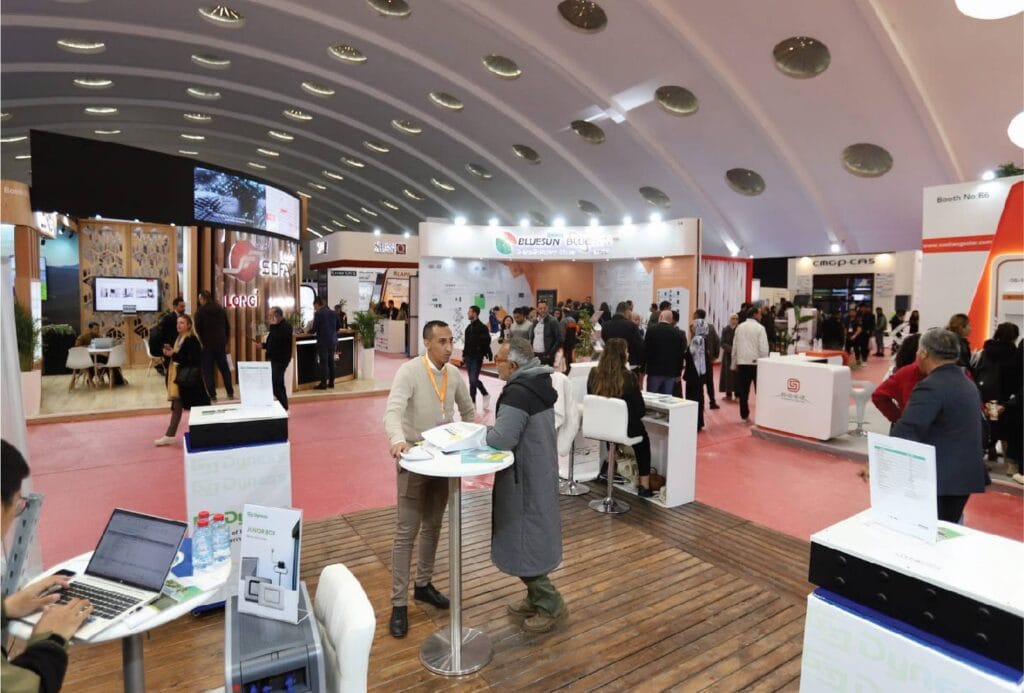The Solaire Expo Maroc 2025, held on February 26 in Rabat, was an opportunity for experts to discuss the challenges and opportunities related to the country’s energy transition. The event highlighted the importance of decentralized renewable energies, improving energy efficiency, and adopting international standards to support sustainable development.
A turning point for the energy transition
Prof. Amin Bennouna, a renewable energy specialist, emphasized that the period from mid-2022 to the end of 2024 represents a true acceleration of the energy transition towards a model more focused on renewable electricity. This dynamic occurs in a global context marked by an alarming rise in CO₂ emissions, reaching 37 billion tons in 2022, well beyond the planet’s absorption capacity.
Morocco, although responsible for only 0.48% of global emissions, sees in renewable energies a strategic opportunity to strengthen its energy independence and reduce its dependence on fossil fuels, of which local resources are virtually nonexistent.
Notable progress in renewable energies
Thanks to a proactive policy, Morocco reached a share of 38% renewable energies in its energy production capacity in 2024, compared to 27% in 2012. This growth is driven by large solar and wind projects, particularly in the south and east of the country.
These technologies, which have become the most competitive globally, allow Morocco to modernize its energy sector while reducing its carbon footprint. Prof. Bennouna stresses the importance of continuing this transition to ensure long-term energy independence.
A major economic and commercial issue
One of the major challenges for Morocco is the entry into force of the Carbon Border Adjustment Mechanism (CBAM) of the European Union. This mechanism imposes a tax on imports based on their carbon footprint, which forces Moroccan exporters to green their industrial processes.
Prof. Bennouna warns: a delay in adopting stricter environmental standards could penalize Moroccan exports to Europe and lead to significant economic losses.
The role of decentralized renewable energies
Mohamed Makaoui, deputy director of the Energy Efficiency Pole at AMEE, emphasized the fundamental role of decentralized renewable energies in this transition. Since 2010, the Moroccan Agency for Energy Efficiency has been working to reduce energy consumption and improve efficiency in the residential and industrial sectors.
Morocco also benefits from a strengthened energy interconnection with its neighbors, allowing for better management of demand fluctuations. Additionally, a legislative framework has been established to reduce energy consumption by 20% by 2030.
A dynamic that must continue
With significant advances in the field of renewable energies and energy efficiency, Morocco confirms its ambition to become a key player in the energy transition. However, to achieve its goals, the country will need to accelerate the integration of clean energies, strengthen its regulatory framework, and develop new infrastructures adapted to the climate and economic challenges of tomorrow.


